Rubbed the Wrong Way: Lawsuit Against Massage Envy Receives Class Action Certification
Massage Envy apparently rubbed too many customers the wrong way with their contractual commitment for pre-paid massage services. On April 15, 2014, the United States District Court for the Southern District of California certified a class of disgruntled massage purchasers in the matter of Hahn v. Massage Envy Franchising. Hahn originally filed suit asserting claims for unfair business practices and unlawful business practices under Section 17200 of the California Business and Professions Code. Hahn claimed that she paid for 23 months of massages and only used two, yet after she cancelled her membership and tried to redeem the remaining 21 massages, she was denied.
Massage Envy is a well-known massage franchise chain. Its business model relies on selling memberships for massage services. For approximately $60 per month, members are entitled to one fifty minute massage. The massages are transferrable so if one is not used it will roll over and two will be available the next month. However, if a customer is behind on payments or cancels his or her membership they allegedly forfeit his or her massages. The lawsuit filed by Hahn sought to certify two classes of plaintiffs—those that lost massages for falling behind on payments and those that lost massages because they cancelled their membership.
A class action lawsuit is an exception to the usual rule that a lawsuit is conducted by and on behalf of the individual named parties only. Instead, a class action lawsuit allows a few named class representatives to advance the lawsuit on behalf of all members of the class. A party seeking class certification must prove that there are numerous individuals who have a common question of fact or law and that all suffered typical injuries that are substantially similar. If all these factors are met, and the Court concludes that the named individuals will adequately and fairly protect the interests of the class, the Court can certify the class.
In Hahn v. Massage Envy the Court did exactly that, allowing the named class Plaintiffs to pursue claims against Massage Envy for violations of California’s Unfair Competition Law on behalf of the class. California’s Unfair Competition Law establishes three varieties of unfair competition—acts or practices which are unlawful, unfair or fraudulent. An unlawful business practice under California’s Unfair Competition Law is an act or practice, committed pursuant to business activity, that is at the same time forbidden by law. Thus, if a business uses a contract that contains provisions in violation of California law, an injured consumer may advance claims against the business for unlawful business practices.
An injured consumer or individual need not have a class action “worthy” lawsuit in order to assert their rights and claims against business who have acted unfairly or unlawfully. If you believe that you were a victim of an unfair or unlawful business practice, contact the attorneys at the Piccuta Law Group, LLP today. One of our attorneys will provide a free consultation and let you know if you have a potential claim.

